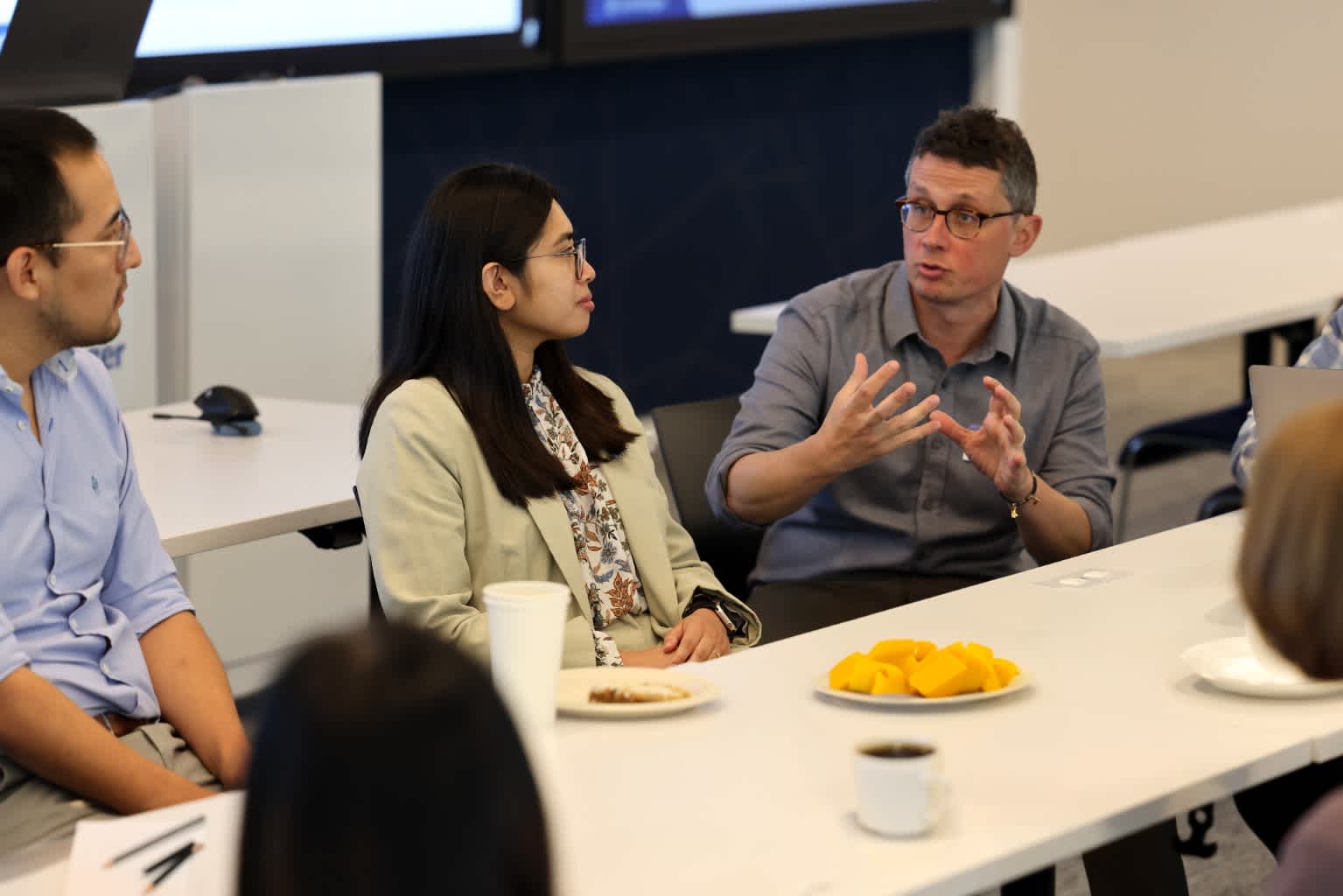
This in-person event will bring together chemistry and biology educators from the Boston area. The event will be hosted at Harvard University. This workshop will highlight how educators can collaborate to create interdisciplinary lessons using computational molecular modeling.
Attendees will be guided through designing lesson plans that merge chemistry, biology, and physics concepts through computational molecular visualization, modeling, and simulation.
There will also be free lunch and a networking hour with like-minded science educators from various Boston-based schools and universities.
Workshop Details
Who should attend:
- Chemistry and biology professors or teaching faculty (undergraduate, graduate)
- High school chemistry and biology teachers (college prep, honors, AP/IB level)
- Chemistry and biology postdoctoral scholars who are interested in teaching
Registration:
Registration is free and includes lunch and refreshments.
Participants must bring their own laptop to access the software, and an external mouse is recommended.
Spots are limited, so please register early to secure your spot.
Registration will close on Friday, May 30th, 2025.
When & Where:
Friday, June 6th from 10:00 AM to 2:00 PM
Harvard University
Science Center
Please see the Agenda for more workshop details and our FAQs for information regarding what to bring, getting to the venue, and accessibility.

Event Highlights:
- Demo and walkthrough of interdisciplinary lessons that incorporate web-based computational molecular modeling tools, such as (but not limited to) exploring the molecular structure of biomaterials, understanding protein structure in the context of drug discovery, or simulating chemical reactions in biological systems.
- Learn how to use computational tools to create virtual experiments for your students that could be used across subjects (e.g., modeling polymerization in materials science and organic chemistry).
- Group discussions on educational tools that educators have used in a teaching capacity.
What you will walk away with
- An outline of a custom lesson plan where molecular visualization and simulation could be applied to a course you teach
- Fundamental molecular modeling skills that can be applied to teaching students scientific concepts with real-world applications in drug discovery, materials design, and more
- Pedagogical ideas to connect commonly taught scientific concepts to topics in human health through molecular visualization
If you have any questions, please reach out to the Schrödinger Education Team at teaching@schrodinger.com for assistance.